Political analysts may call this a golden period for right wing politics with it apparently penetrating every nook and cranny of the country, but the fountainhead of the rightist philosophy, the Rashtriya Swayamsevak Sangh (RSS), thinks much more needs to be done.
A three-day meeting of the All India Pratinidhi Sabha that concluded on March 13 in Ahmedabad under the chairmanship of RSS chief Mohan Bhagwat reminded some 1,248 representatives present about the key message of its founder Keshav Baliram Hedgewar.
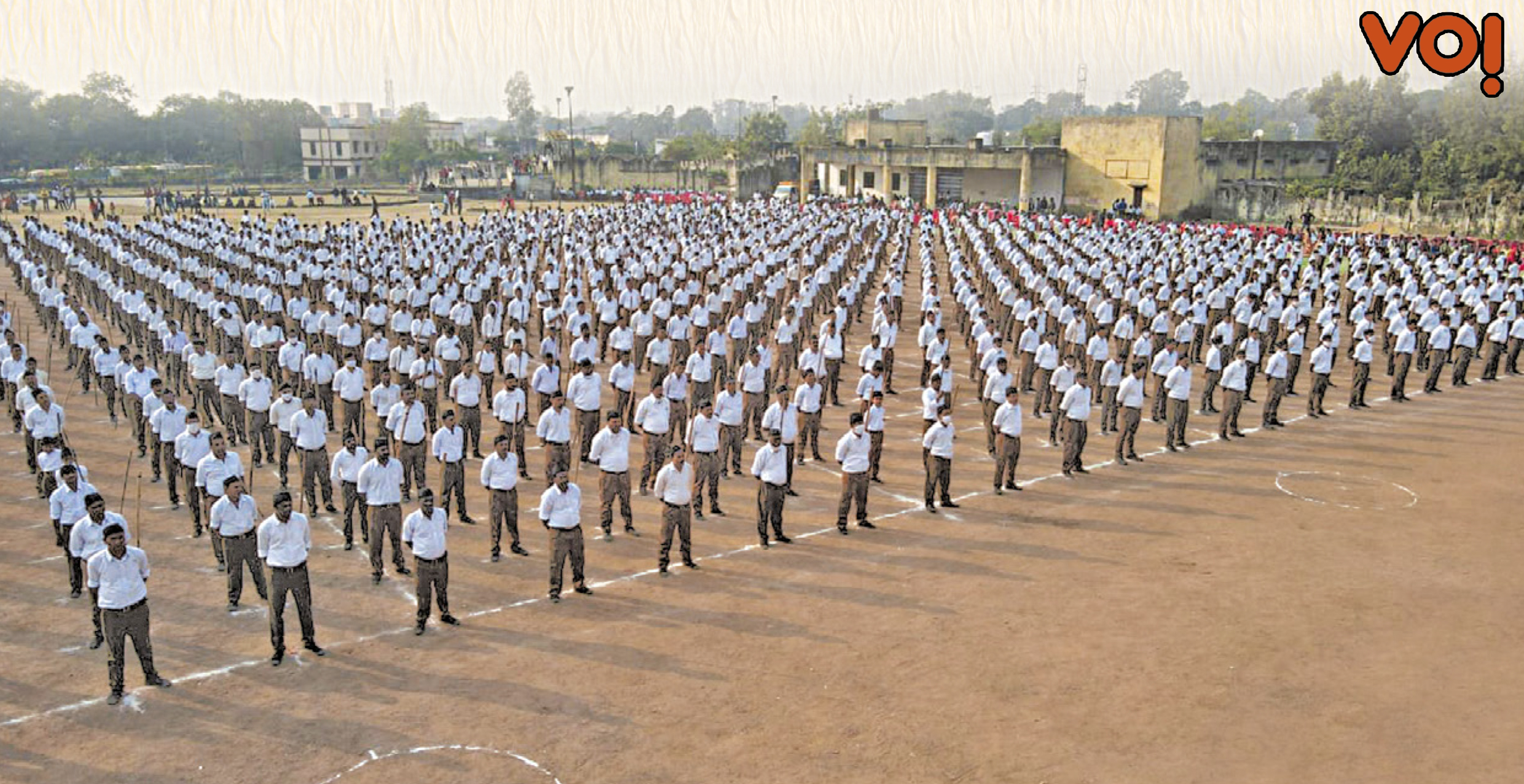
The RSS founder, they were informed, emphasized on remembering the aim they had vowed to achieve and this was far from the destination. “Their aim, simply stated, is first the Hindu, then Hindu rashtra and finally Akhand Bharat,” points out political scientist Ghanshyam Shah.
In keeping with Hedgewar’s message, the Pratinidhi Sabha resolved to expand the Hindutva footprint strongly among the Dalits and the Adivasis. The Sabha also expressed apprehension of “fanatic bigotry” finding its way into the annals of the government.
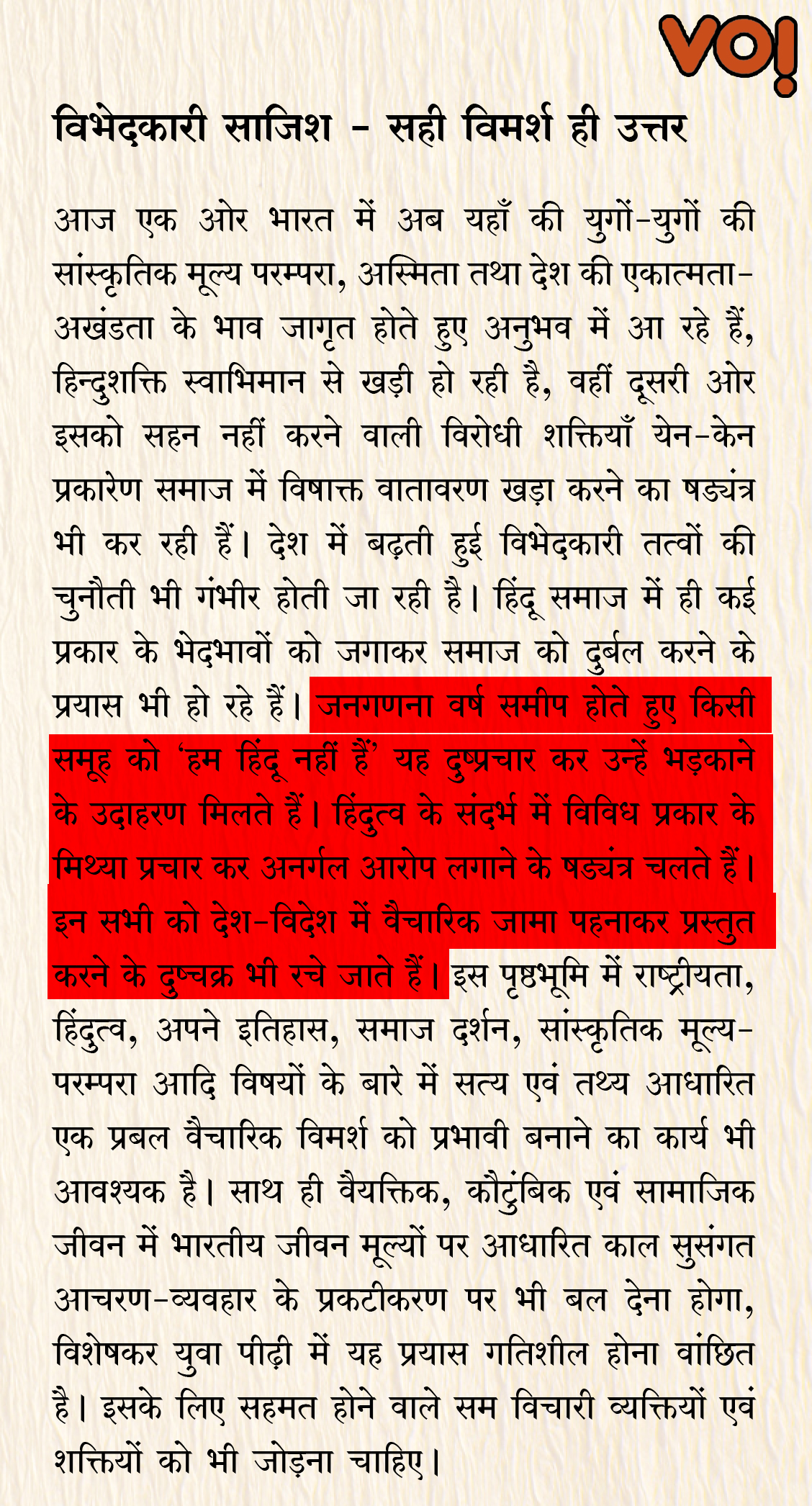
Even as the RSS may have Brahmin supremacy, its rank and file have insights into the grassroots realities and this is what a dossier released at the three-day event suggests. It has voiced its concern that as the census year approaches, many start claiming non-Hindu identity apparently for reservation benefits.
This is the key reason they are seeking to penetrate more aggressively among the Dalits and the tribals. Both at one time were strong Congress votebanks.
Among its achievements, the dossier claims that the organisation had prevented 8,000 families from converting. Without naming the minorities, the document records that there is a discreet widespread plan to enter the government machinery, claiming that the “number of minorities has increased in the country in the last few years.
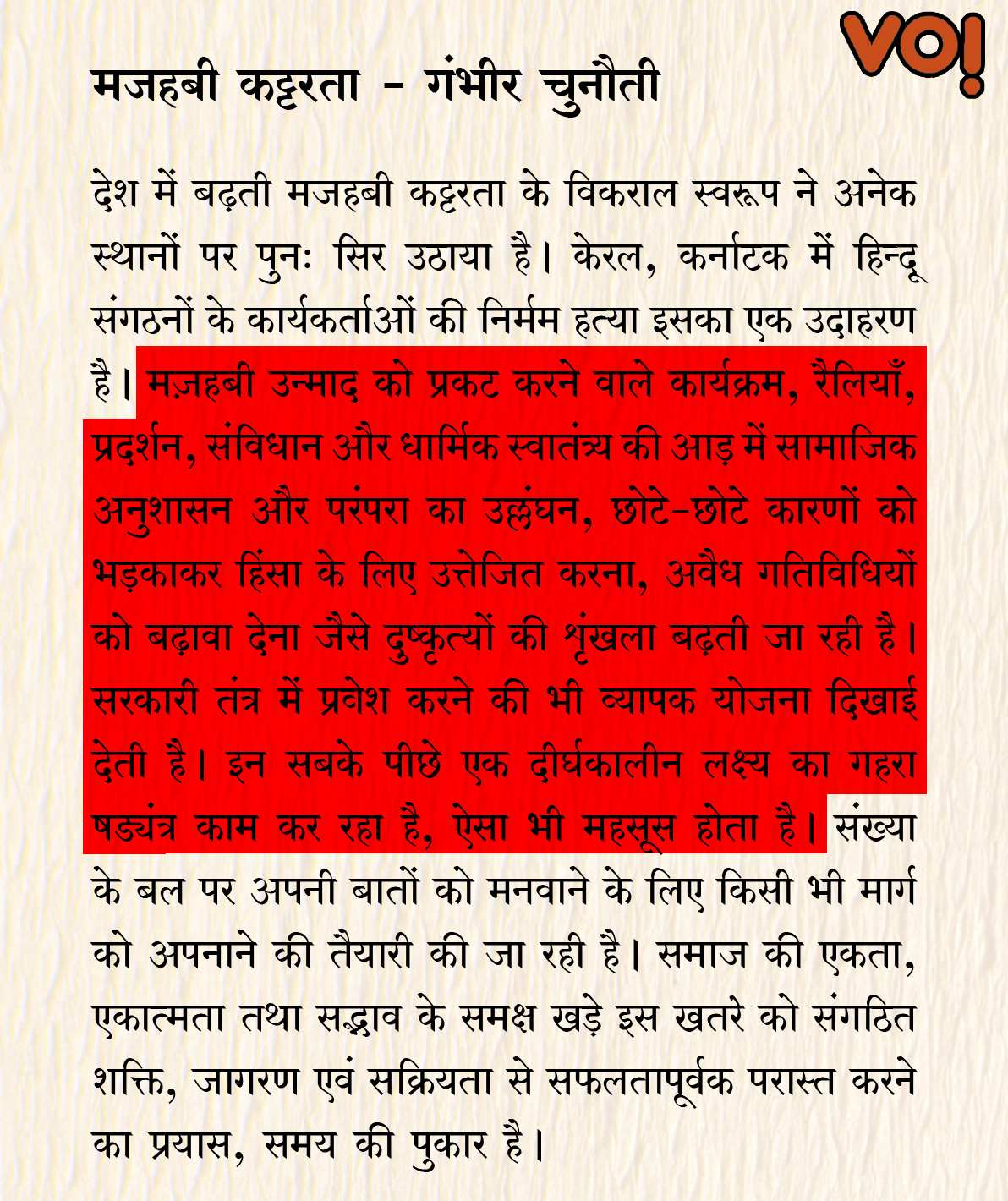
They claim that the number of minorities clearing the Union Public Service Commission exams has increased. The dossier says that “the formidable form of growing religious fanaticism in the country has again reared its head at many places. The brutal murder of activists of Hindu organisations in Karnataka and Kerala is an example. Violation of social discipline and tradition under the guise of demonstration, upholding the Constitution and religious freedom, incitement to violence by instigating small causes and promoting illegal activities are increasing. It is also felt that preparations are being made to use any means to get their point of view on the strength of numbers.”
The meeting also claimed that there were plans afoot to convert Hindus in a big way in Andhra Pradesh, Karnataka, Punjab, and Tamil Nadu. While the Hindu leadership and institutions have been awakened, it seems necessary to make joint and coordinated efforts in this direction in a more planned manner.
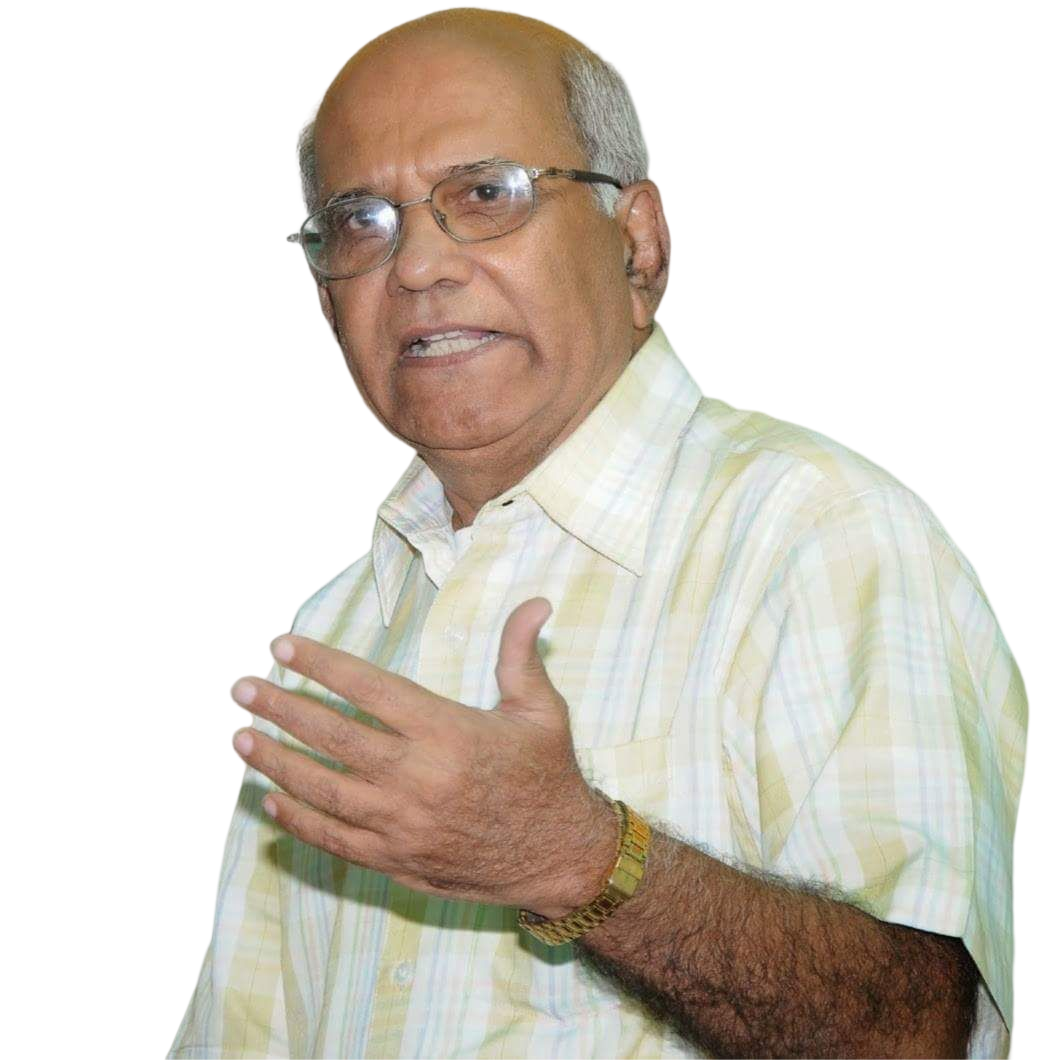
Political analyst and senior litterateur Vishnu Pandya does not consider anything wrong in this. He told Vibes of India that the Sangh has been working for Hindus for 125 years. He said previously news of conversion used to come from South Gujarat, but it has stopped now.
He believes that Sangh is facing hurdles in Kerala Bengal but it is fighting them. Sangh was successful to a large extent in stopping conversions in the north-east. Pandya says the RSS has little to do with politics.
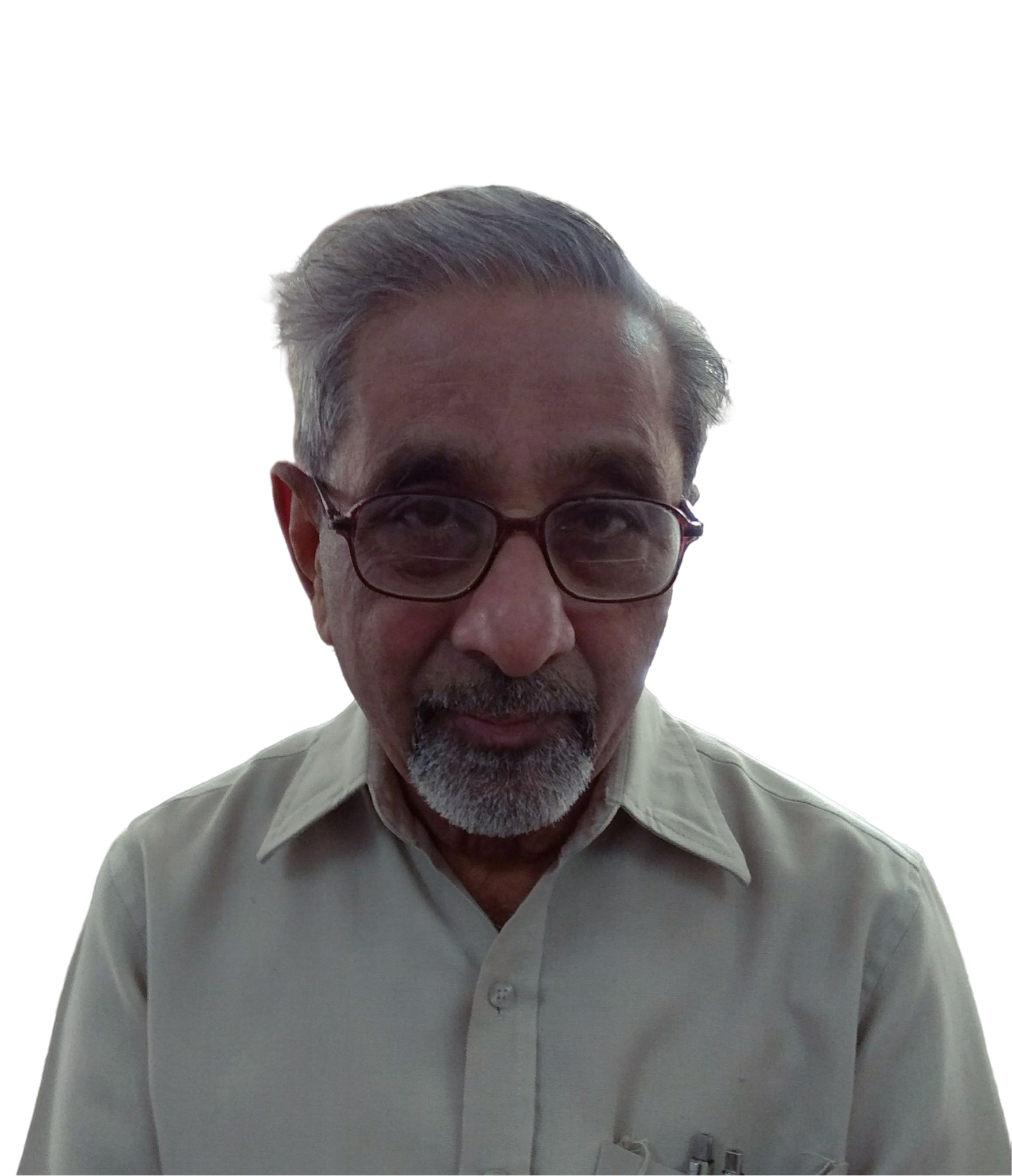
Political scientist Ghanshyam Shah points out, “The RSS is against caste-wise census because many more communities would emerge looking for quota benefits. This defeats the RSS’ very purpose.”
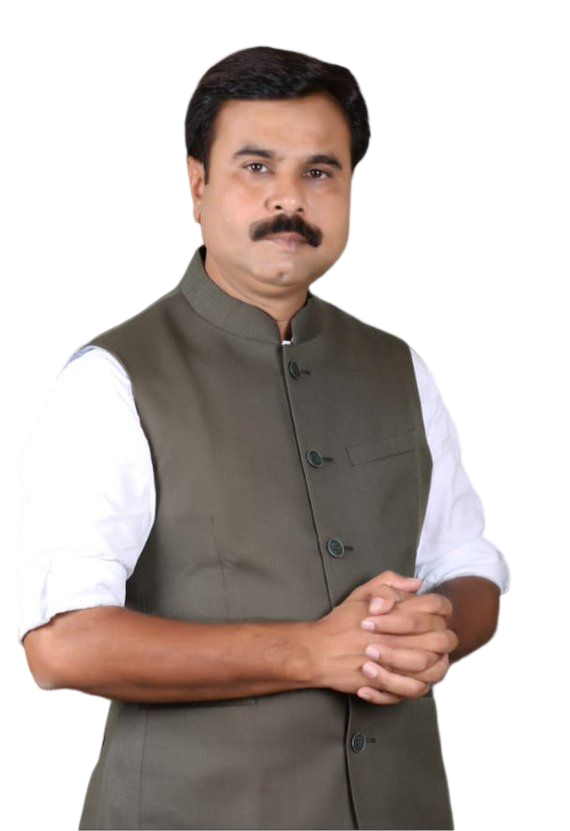
Dalit thinker and Congress MLA Naushad Solanki believes that it is well known who is spreading bigotry. The RSS has got government patronage and that is how the Chief Minister gets involved. It is also a result of what the Sangh works for. According to him, all this is preparation for the elections.
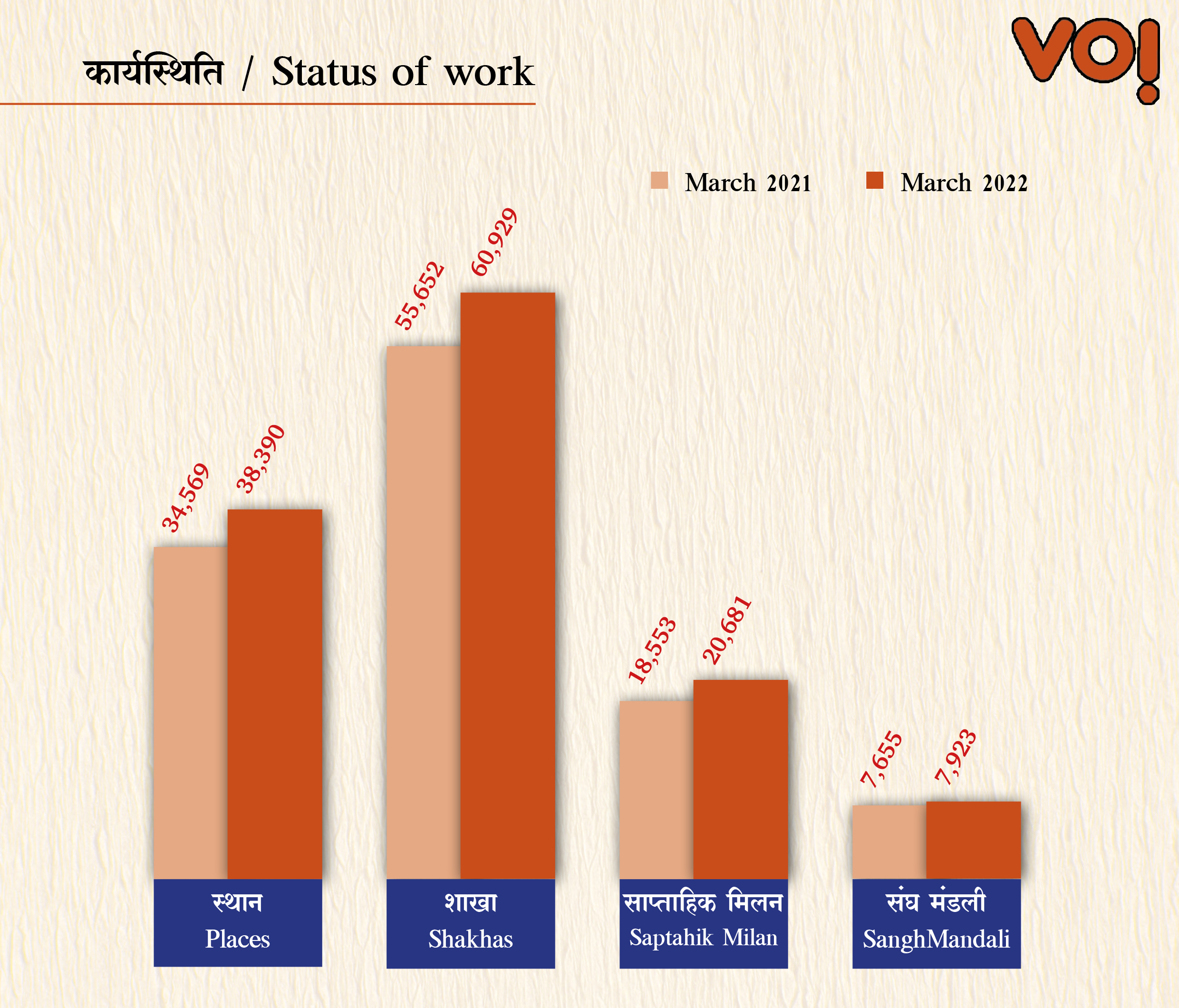
When the world had come to a standstill during the Covid-19 crisis, the RSS was active. The Sangh was functioning in 34,569 places across the country in March 2021. This increased to 38,390 places by March 1, 2022, whereas the RSS branches increased from 55,652 to 60,929. Volunteers of the Sangh did not lag behind in weekly meetings during the pandemic.












